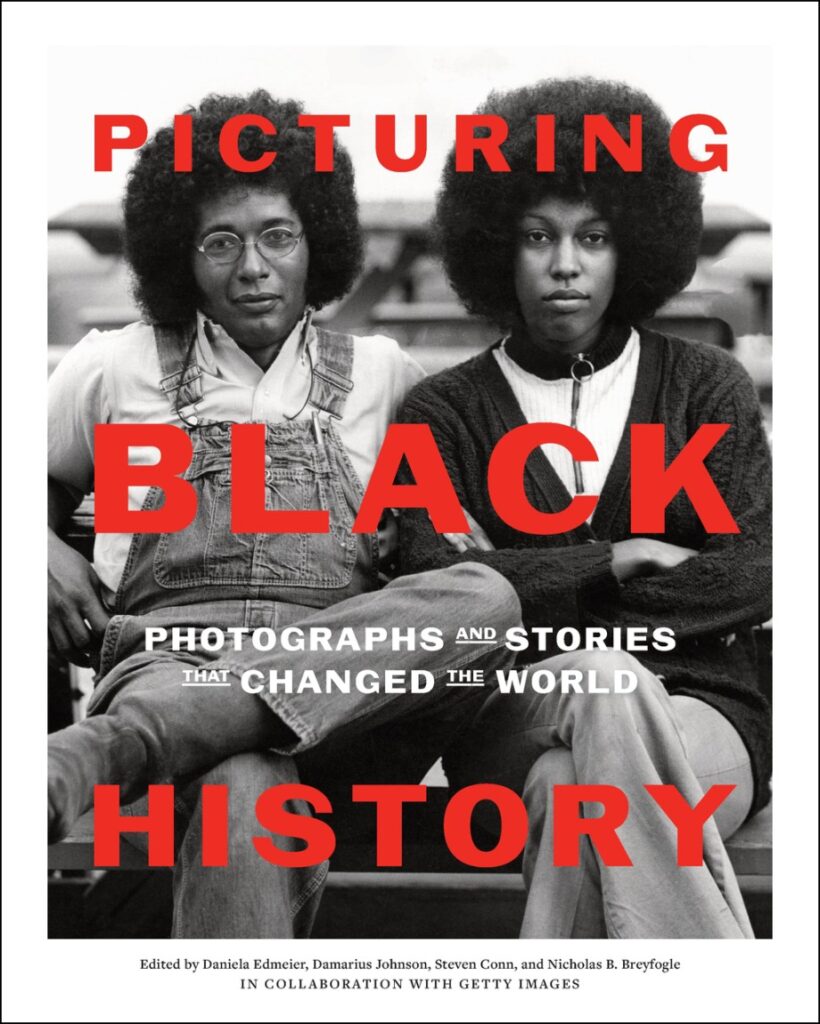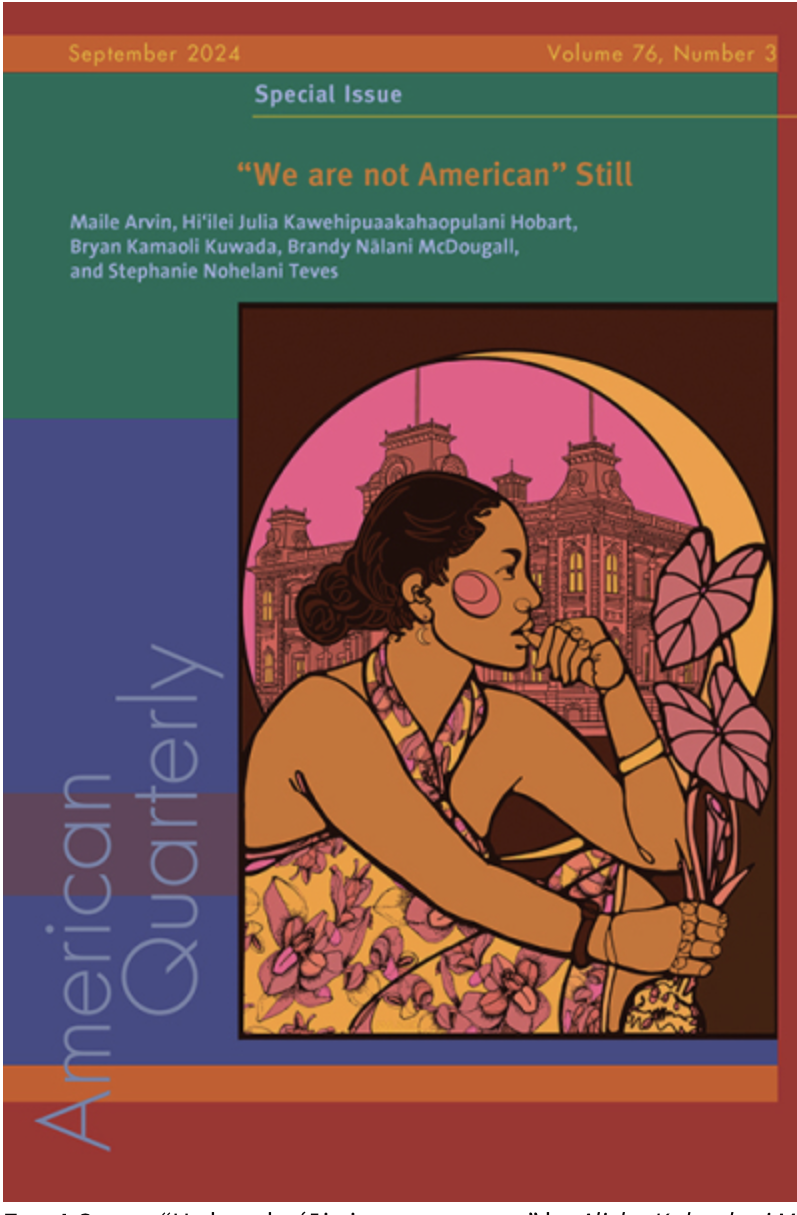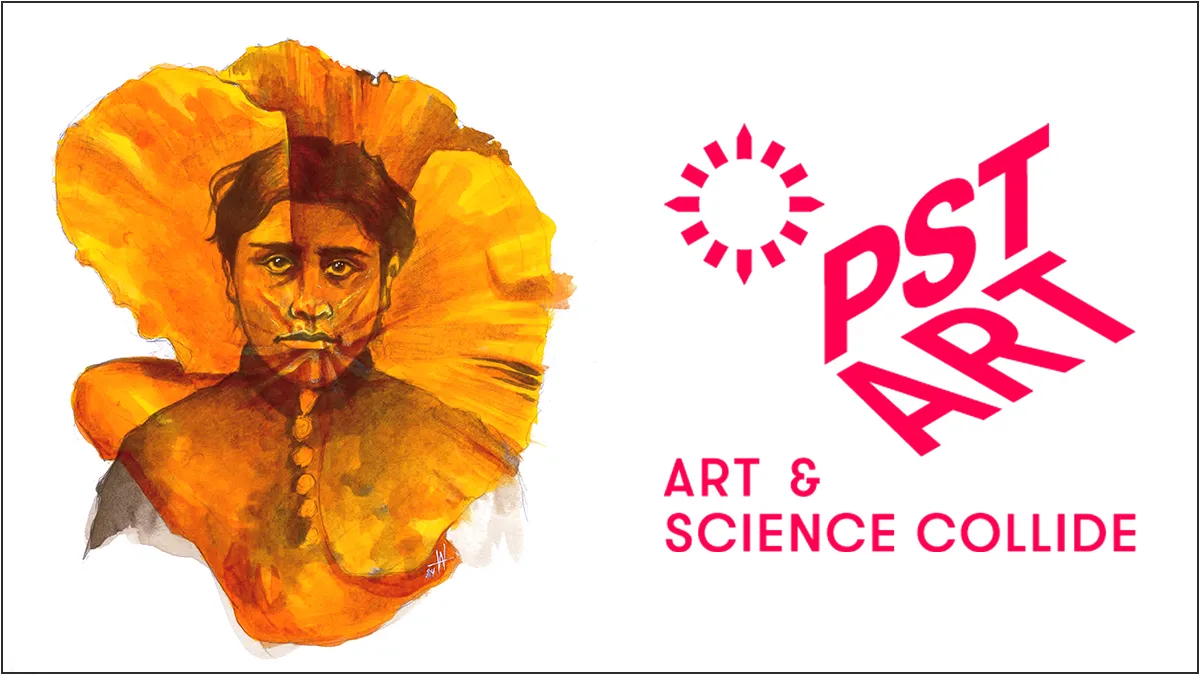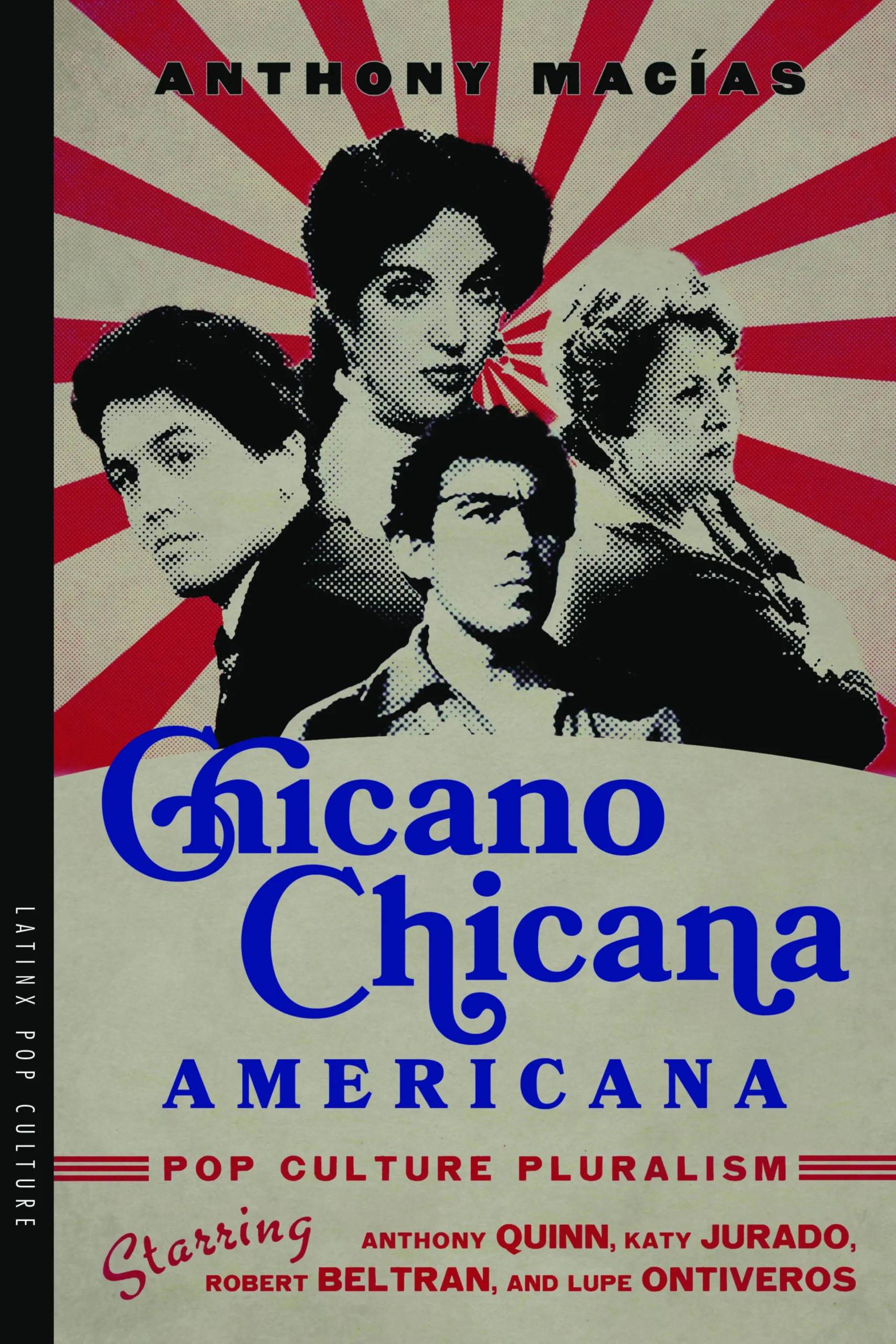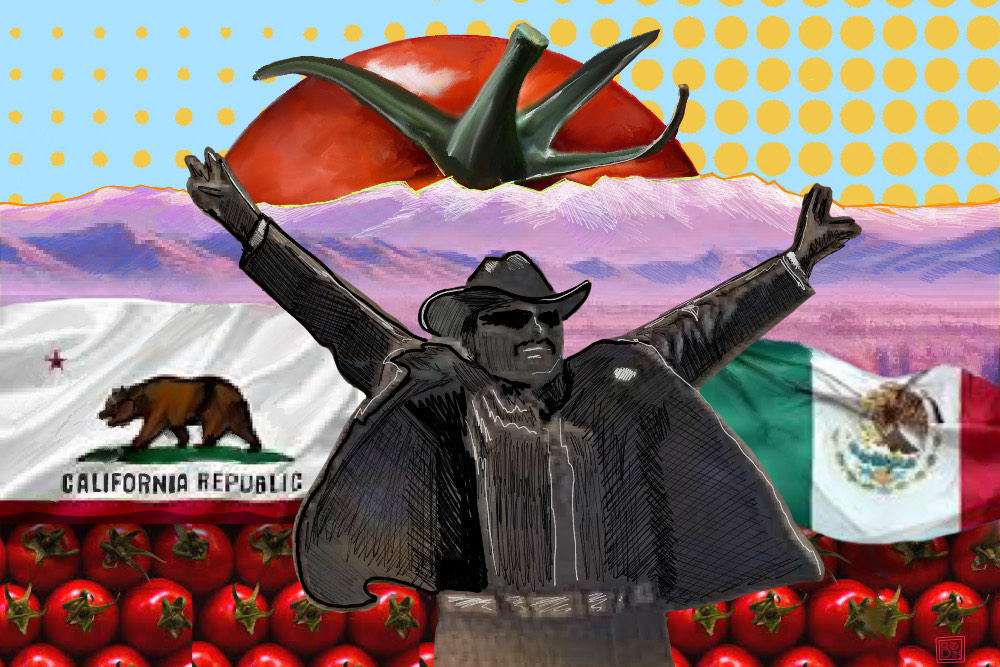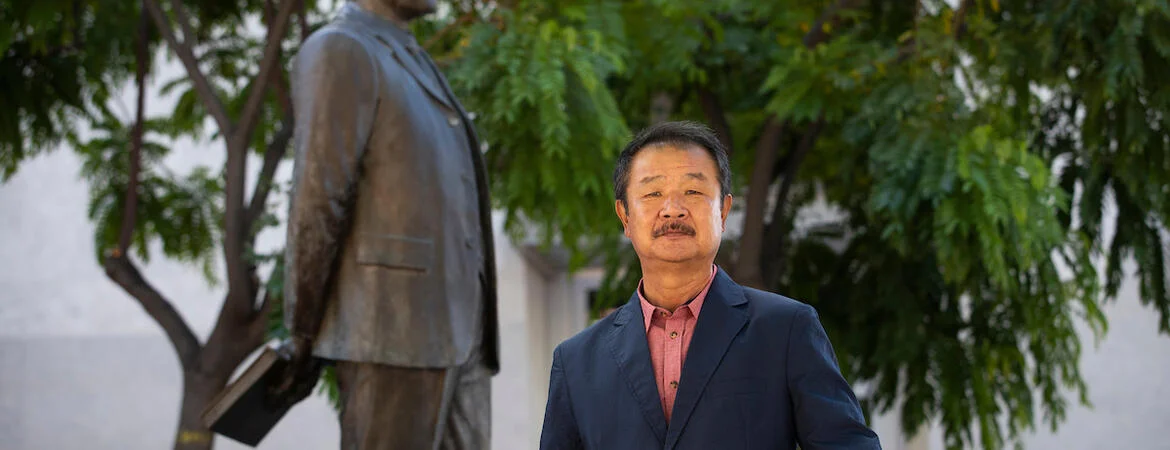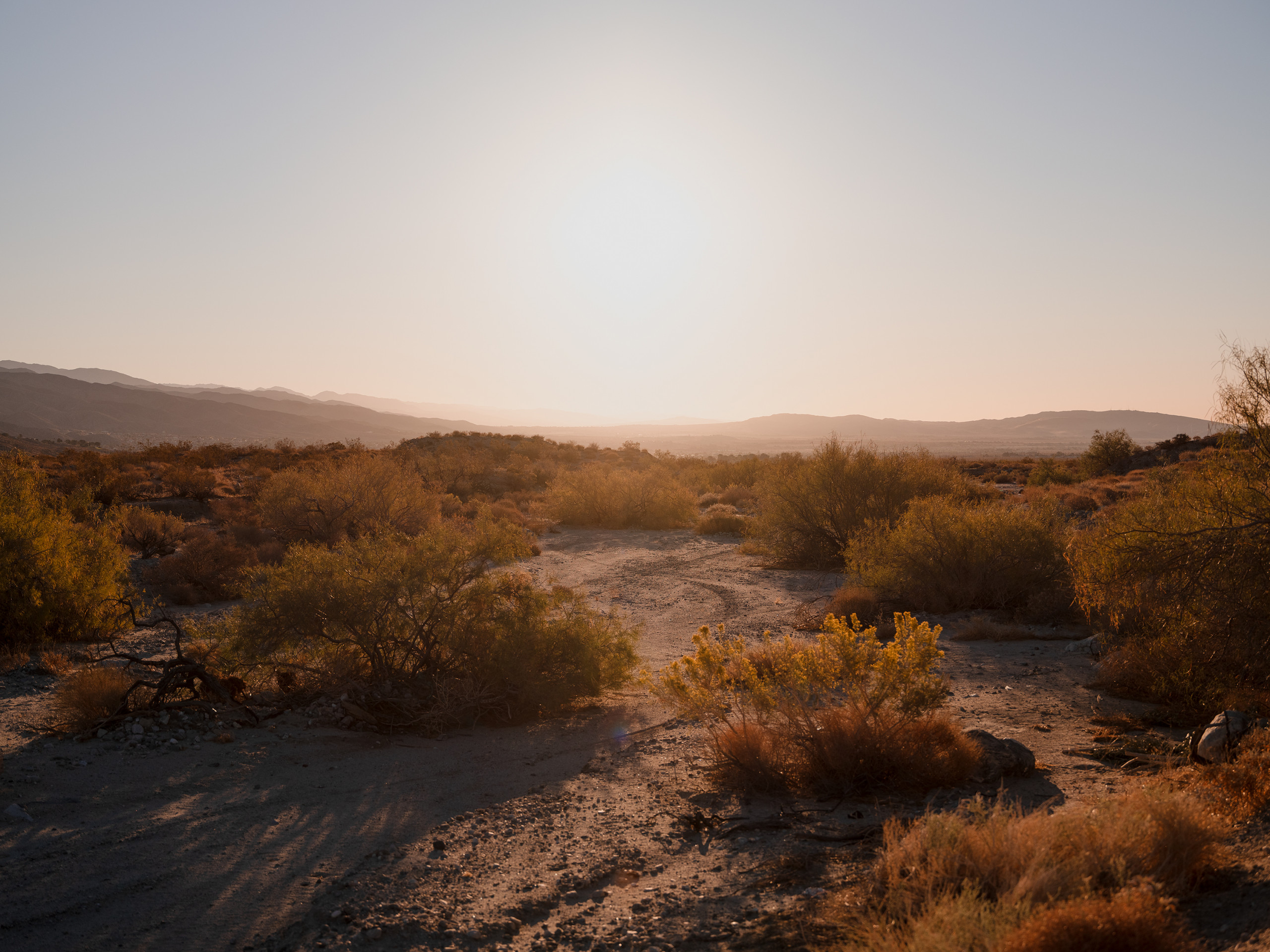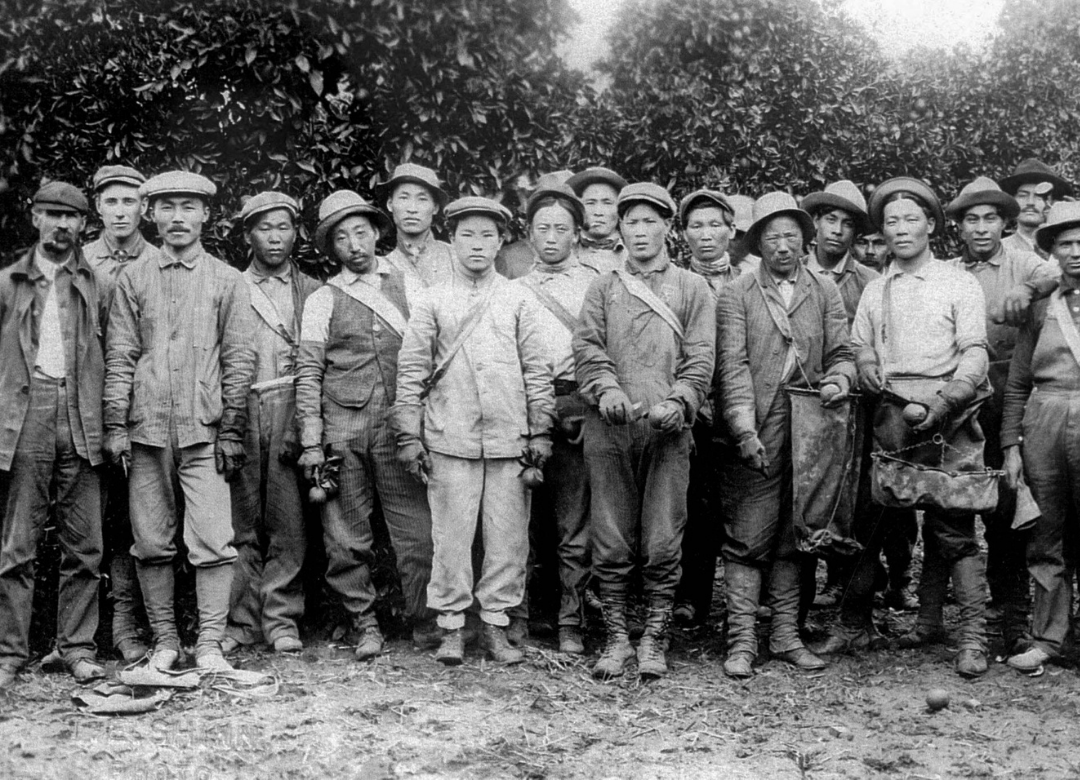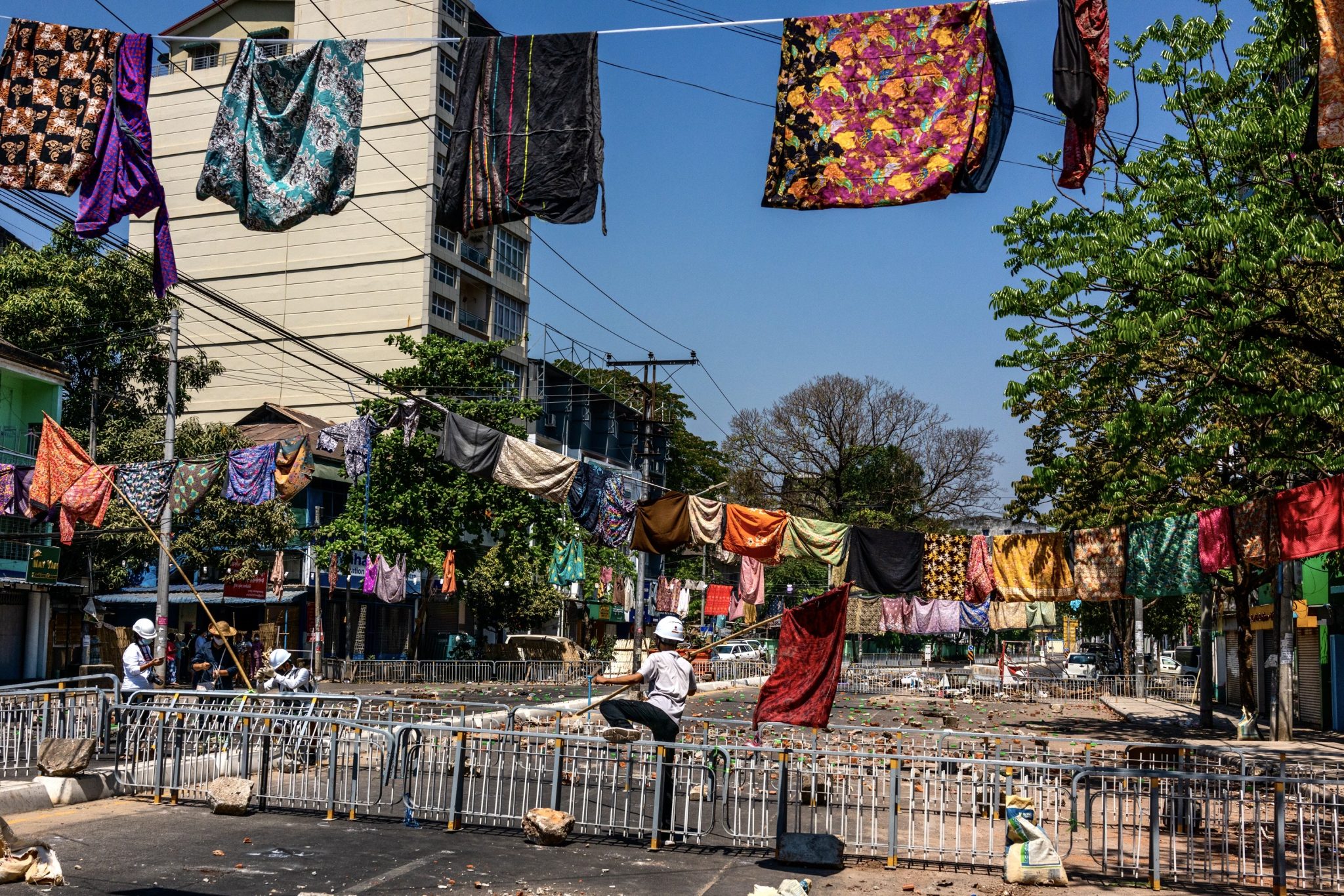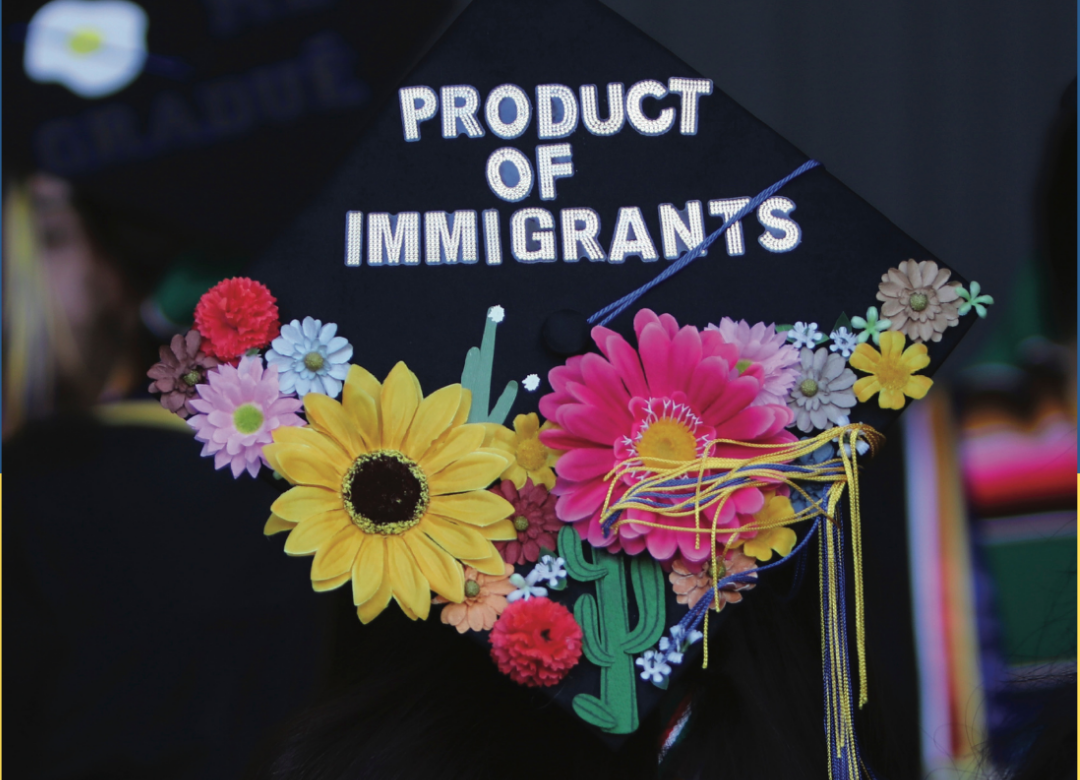Professor Jasmin Young contributed an entry in the recently published book: Picturing Black History: Photographs and Stories That Changed the World. Prof. Young’s contribution explores the work of “radical revolutionary” Gloria Richardson, a “highly controversial leader for refusing to publicly denounce armed resistance.”
From the publisher’s website:
Picturing Black History uncovers untold stories and rarely seen images of the Black experience, providing new context around culturally significant moments, as part of an ongoing collaborative effort between Getty Images, Origins: Current Events in Historical Perspective, and the History Departments at The Ohio State and Miami Universities.
Picturing Black History informs, educates, and inspires our current moment by exploring the past, blending the breadth and depth of Getty Images’s archives with the renowned expertise of Origins contributors and The Ohio State’s and Miami’s History Departments, including Daniela Edmeier, Damarius Johnson, Nicholas Breyfogle, and Steve Conn.
You can learn more and purchase the book at https://picturingblackhistory.org/pbh-book/.

